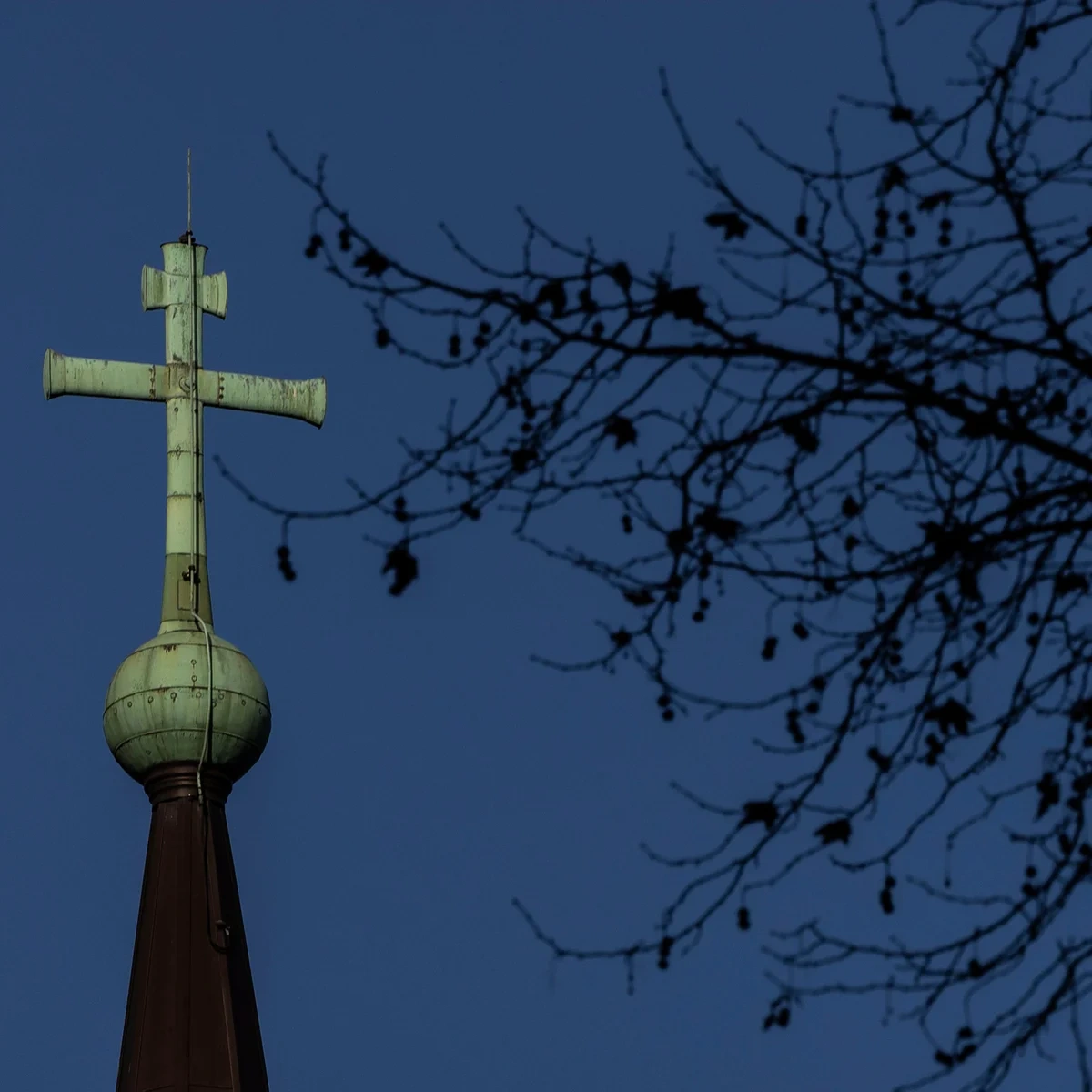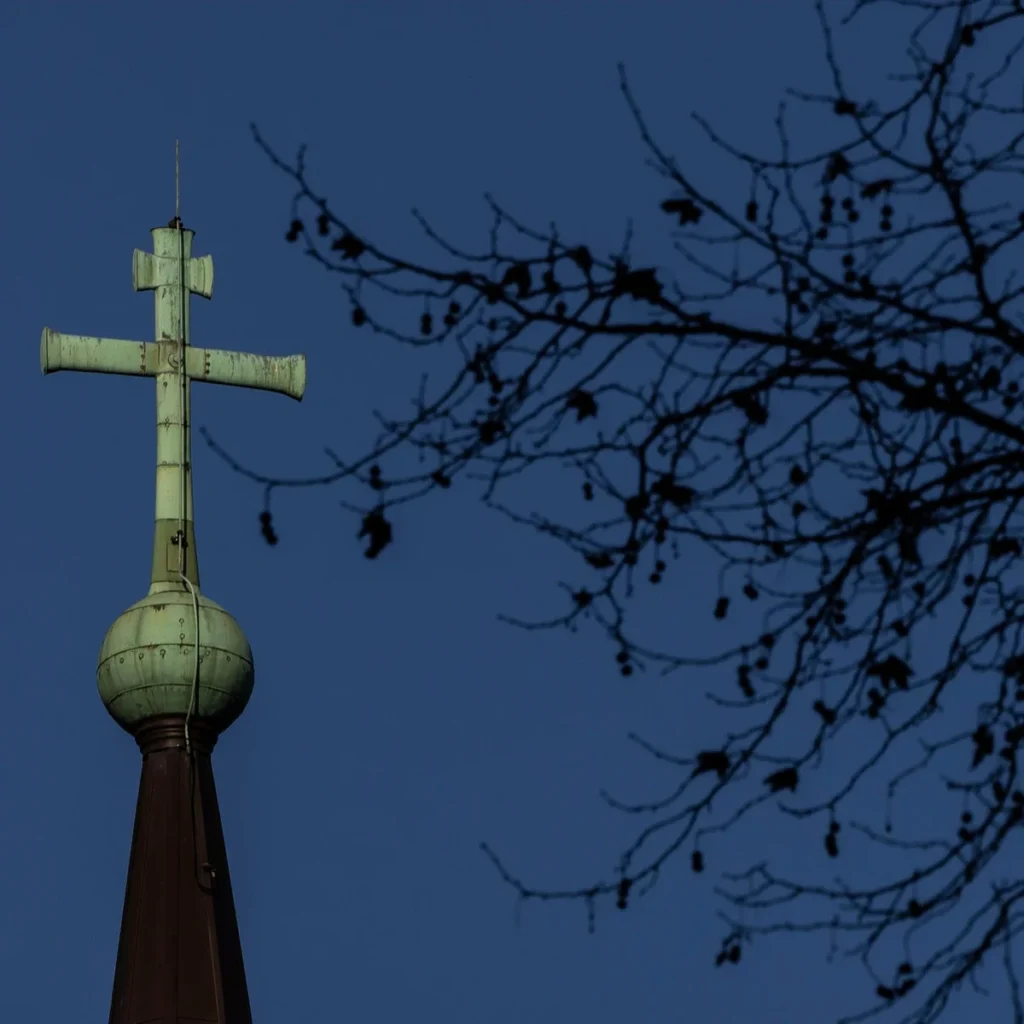
Sydney, Australia— Christian leaders across Australia are grappling with increasing hostility toward Christianity, including proposed legal restrictions on religious institutions and the growing cultural marginalization of traditional Christian teachings. At the forefront of this debate are potential laws that could restrict the autonomy of religious schools and introduce hate speech regulations, which faith leaders fear may criminalize biblical doctrines.
This evolving landscape has raised concerns among church leaders, educators, and human rights advocates about the future of religious freedom in Australia, a nation historically known for its commitment to pluralism.
Key Challenges Facing Australian Churches
1. Restrictions on Religious Schools
- Proposed legislation in several states aims to limit religious schools’ ability to hire staff and develop curricula aligned with their faith-based values.
- Critics argue these laws would undermine the fundamental mission of religious institutions.
- Faith leaders contend that hiring based on shared beliefs is essential for maintaining the integrity of their educational missions.
2. Hate Speech Laws
- Proposed hate speech regulations could categorize traditional Christian teachings on topics such as marriage and sexuality as discriminatory or harmful.
- Advocates of these laws argue they are necessary to protect marginalized communities.
- Opponents fear they could suppress freedom of speech and religious expression, criminalizing pastors and laypeople for preaching biblical doctrines.
3. Cultural Marginalization
- Christianity’s influence in Australian society is perceived to be waning, with public discourse increasingly dismissive of religious perspectives.
- Recent surveys indicate a decline in church attendance, coupled with rising secularism.
Reactions from Christian Leaders
1. Opposition to Legal Restrictions
- Church leaders have voiced strong opposition to the proposed laws, framing them as an infringement on religious freedom.
- Archbishop Anthony Fisher, Catholic Archdiocese of Sydney: “Religious schools must retain the right to operate in accordance with their faith. Without this freedom, our democratic values are at risk.”
- Pastor Martyn Iles, Australian Christian Lobby: “Hate speech laws are a direct threat to free expression of faith and conscience.”
2. Calls for Greater Unity
- Many faith leaders are urging Australian Christians to unite in defending their rights.
- Reverend Tim Costello: “This is not about imposing beliefs on others but ensuring our ability to live out our faith authentically.”
Public Opinion
1. Support for Religious Freedom
- Many Australians believe in the importance of protecting religious institutions’ autonomy. However, others argue that these freedoms should not come at the expense of equality.
2. Criticism of the Church’s Stance
- Secular groups and LGBTQ+ activists contend that some Christian teachings perpetuate harm, supporting stronger hate speech regulations.
- Advocacy groups argue that religious freedoms must be balanced against the rights of marginalized communities.
Public Opinion: What’s True and Untrue?
- True:
- Religious schools in Australia currently have the legal right to hire staff who align with their faith-based mission, which is now under scrutiny.
- Proposed hate speech laws could impose restrictions on sermons or public teachings viewed as discriminatory.
- Untrue:
- Claims that the laws would force churches to rewrite doctrines are overstated; they focus on public expression rather than internal beliefs.
- Assertions that all Australians oppose religious exemptions overlook the significant support for religious freedom across various demographics.
Global Context
1. Comparisons to Other Nations
- Australia’s challenges reflect broader global trends, as Western nations grapple with balancing religious freedom and anti-discrimination policies.
2. Implications for Democracy
- Legal restrictions on religious institutions could set precedents that affect broader freedoms, including free speech and association.
What’s Next?
1. Advocacy and Legal Challenges
- Christian organizations are mobilizing to challenge these laws in court, emphasizing constitutional protections for religious freedom.
2. Government Negotiations
- Policymakers are engaging with faith leaders to address concerns while advancing anti-discrimination goals.
3. Broader Cultural Discussions
- Churches are actively engaging with the public to foster understanding of their beliefs and defend their role in a pluralistic society.
Conclusion: A Test of Faith and Freedom
The growing hostility toward Christianity in Australia signals a critical moment for the nation’s religious communities and their place in an increasingly secular society. As Veritas World News observes, “The balance between religious freedom and societal equality is a defining challenge for modern democracies, and Australia’s churches are at the heart of this debate.”
#ReligiousFreedom #ChristianPersecution #Australia #FreeSpeech #FaithAndLiberty

